Rachael Worby knew pretty early in her life that she wanted to be Leonard Bernstein. Hold that thought.
At a time when many of us were being told not to beat boys at tennis or chess, and that we couldn’t aim at the highest all-male goals (such as conducting orchestras), Worby ignored it all. “Rachael is a musical genius,” says Los Angeles lawyer and philanthropist Leslie Gilbert-Lurie. “If she were a man, she would be legendary by now. As it is, those who know her all adore her.”
If you Google Rachael Worby, it still prominently points out that she was the former First Lady of West Virginia. (More on that in a moment too.) But today, she is the founder, artistic director and conductor of Muse/ique, a beloved entity based in Southern California that is devoted to making radically engaging live music experiences accessible for all.
If she were a man, she would be legendary by now.
Just ten years old, Muse/iquehas built an incredibly loyal fanbase, brought all kinds of folks together, and presented performances in venues large and small and in the unlikeliest of places. For example, a library, empty warehouse, airport hangar, a locker room. Her rhythmic offerings always have a theme—the city streets of L.A. most recently—and incorporate musicians, yes, but occasionally dancers and visual projections. A Muse/ique event has you learning as well as listening.
Read More: Cass Elliot’s Daughter Talks About the Star’s Pain and Bravery
Rachael Worby: The Roots
Worby was born in 1950 in New York to Jewish activist parents who may have encouraged her to follow her passion with early piano lessons and such, but like everyone else, felt conductors were men. She eventually talked her way into a well-known conducting teacher’s studio and from there the music really began. “I see something possible and I proceed,” has always been the motto for this tiny dynamo.
While on the symphony circuit, she met and married Gaston Caperton, who became governor of West Virginia.
While on the symphony circuit, she met and married Gaston Caperton, who became governor of West Virginia. Worby did many creative things as First Lady—including initiating an Arts and Letters Project and taking on illiteracy—but ultimately knew it was the wrong fit for all. “I was this short brunette Jew from New York who kept her own name and career,” she says. “It was a time when First Ladies were Laura Bush, and the country did not understand an independent woman.”
After they divorced, Worby did all sorts of traveling and serious gigs, including as music director for opera star Jessye Norman for 15 years. She headed West to be the conductor of the Pasadena Pops, but then knew it was time to do her own thing her own way. And it was not just conducting or, as she says, “bowing and then turning my back to the audience for two hours.
The idea of Muse/ique was to redefine community, not by building a hall, but by going all around the city and showing people things they never knew were there. “L.A. Composed” is the latest project, presenting talented musicians from all areas, including Laurel Canyon’s folk scene, as well as downtown where the sounds at one time “absolutely rivaled what was going on in Harlem.”
Redefining Musical Performance
Early members of Muse/ique’s community included influential names like producer Norman Lear. “Nothing has ever lifted me more in my soon to be 99 years than the music that has touched my heart and soul,” says Lear. “Over the years, Rachael Worby and Muse/ique have been the source of much of that lift. I could not be more grateful to her.”
It is quite possible we performed more than any other arts entity in the country during the pandemic.
That kind of lifting was particularly needed these past 15 months. When I asked Worby how many things on Muse/ique’s busy schedule had to be canceled, forget the oft-used word ’pivot.’ Her answer was “nothing! We created and performed all the time, in people’s driveways, doing `lawn serenades’ in back yards. Yes, our musicians were six feet apart, masked, and behind plexiglass at times. But it is quite possible that we performed more than any other arts entity in the country during the pandemic. I like to think we found the blade of grass amid all the concrete.”
Now, about that Leonard Bernstein thing. ”I always had an image of what I wanted to be,” says Worby, “and it was not about gender, but a person who is also a social activist, can do a Broadway show, maybe wear a yarmulke, and deconstruct Beethoven so young people can understand and enjoy it.”
On July 18, I will be at Skirball Cultural Center in Los Angeles watching Rachael Worby conduct singers and musicians for a celebration of the 50th anniversary of Carole King’s Tapestry. “Tapestry changed the musical landscape for singer-songwriters and became a quintessential piece of Los Angeles’s musical history,” the Muse/ique website says. “In honor of the 50th anniversary of this iconic record, MUSE/IQUE weaves a surprising new performance of her seminal album through an eclectic range of performers and styles.“ I have a hunch we’ll be feeling the earth move under our feet for this one.

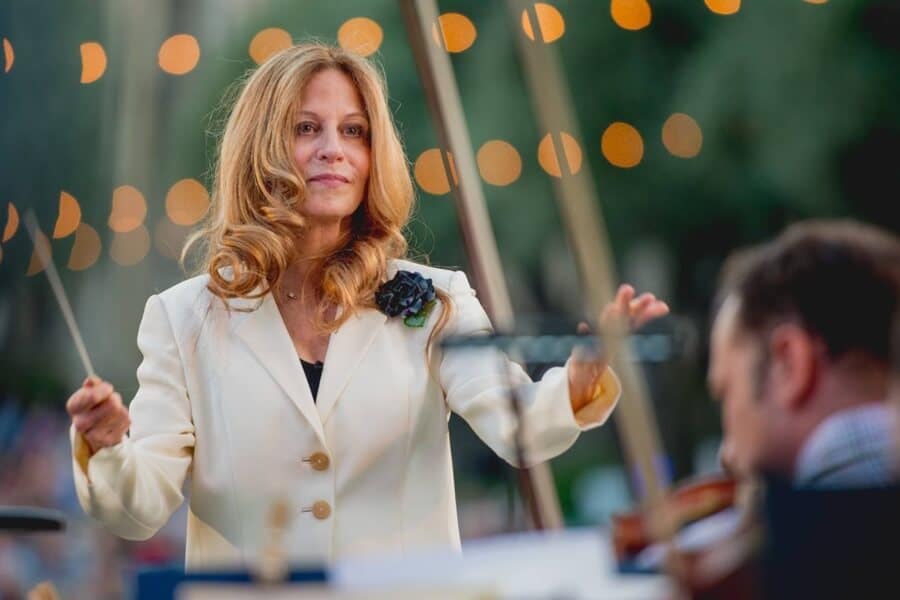


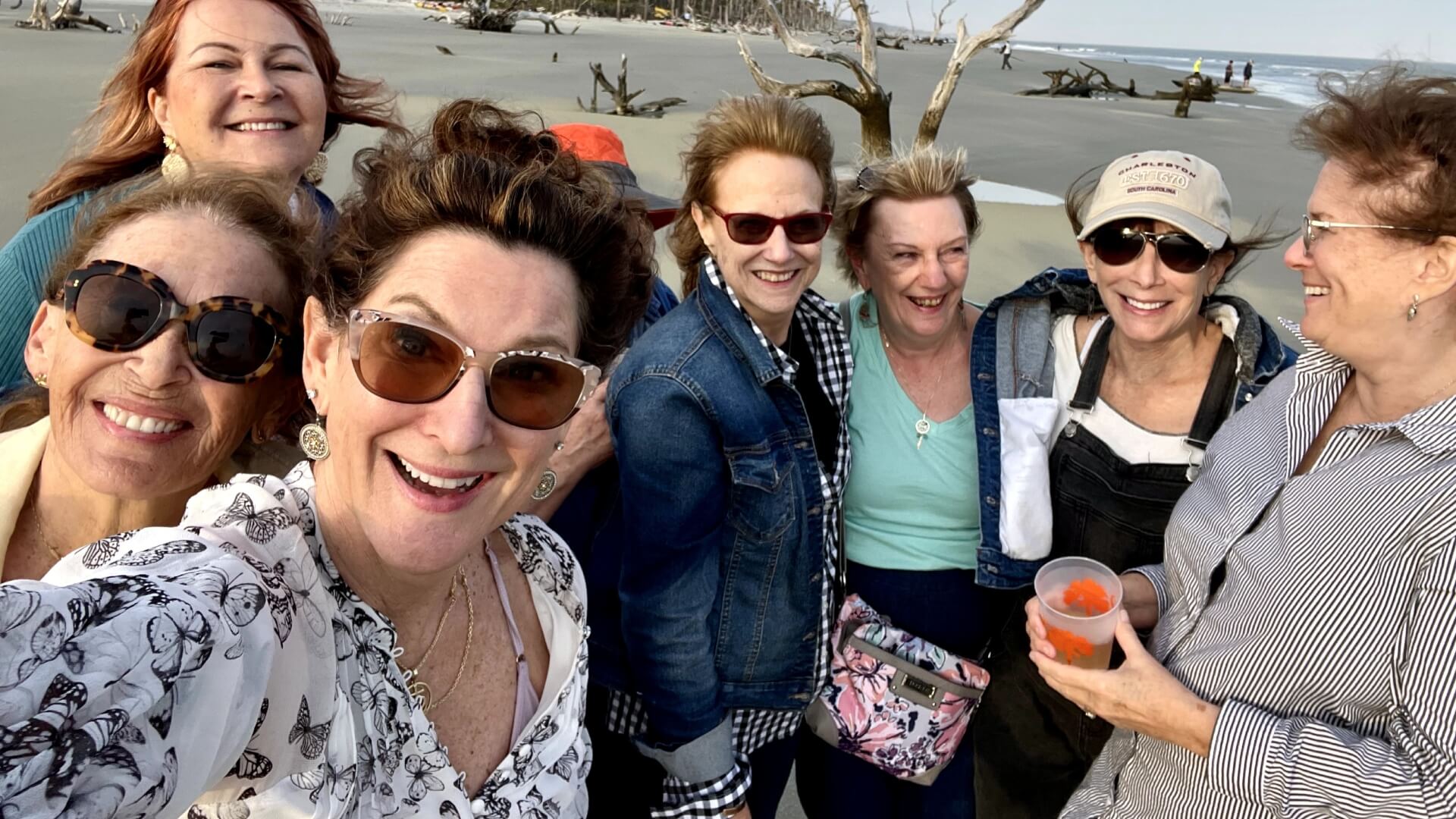



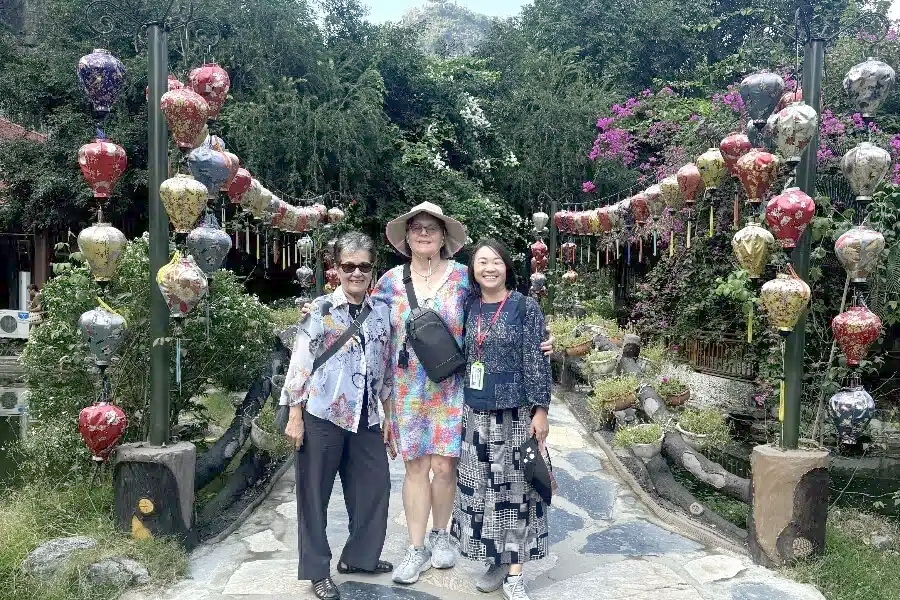



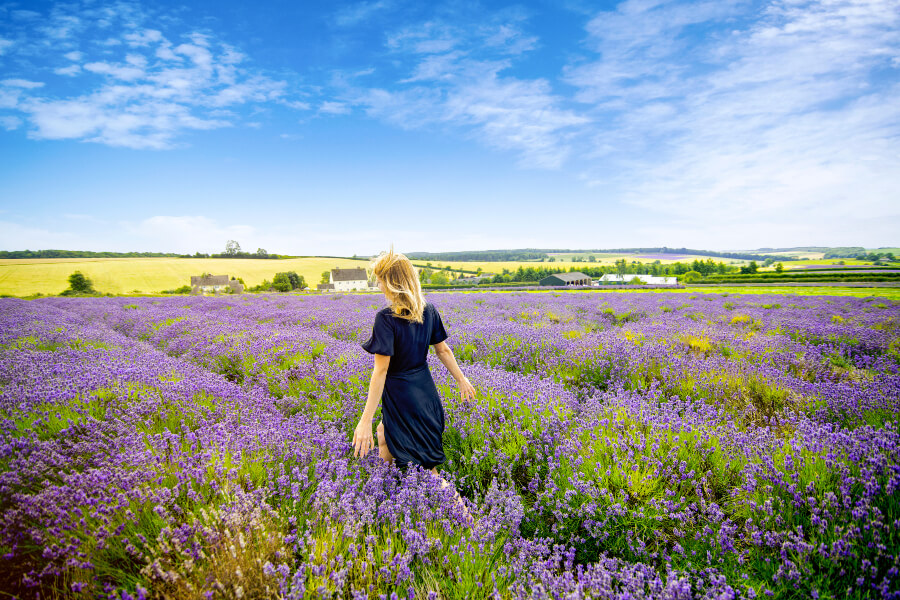





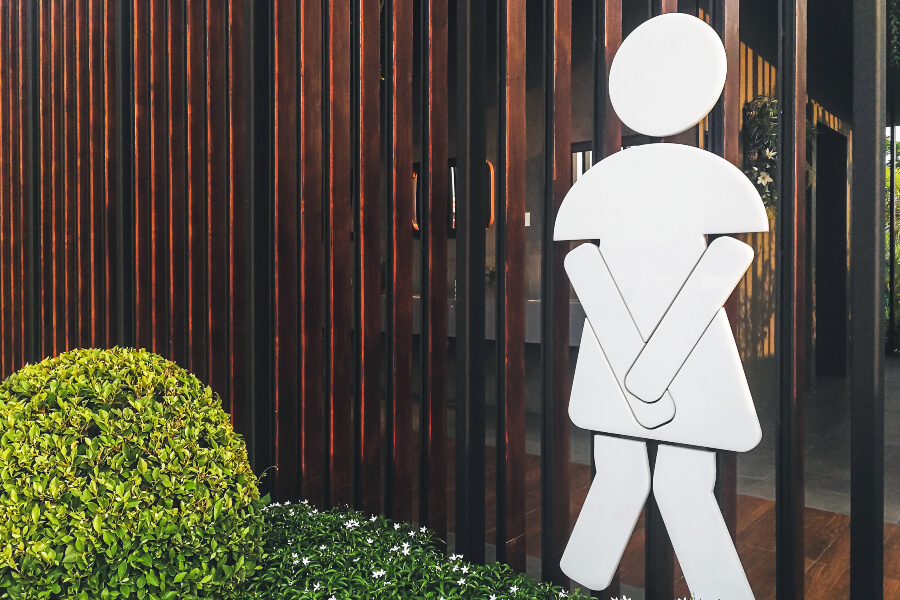


0 Comments